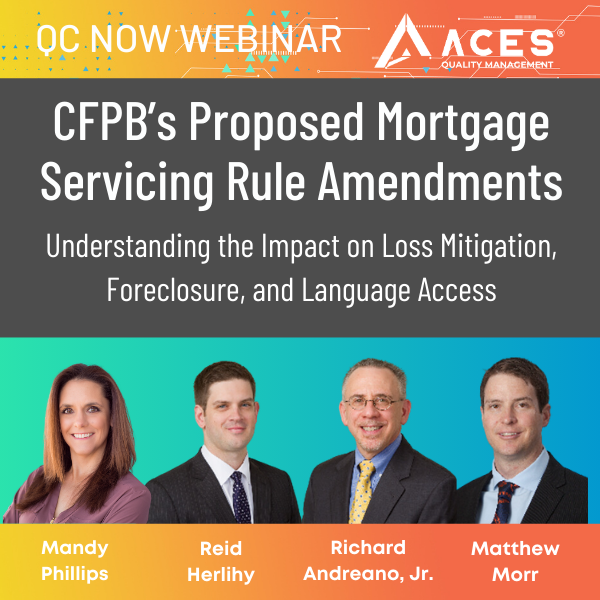Bankers Advisory--Robert Harrison
The state of Arizona amended its provisions relating to breach of security through House Bill 2154. Arizona also amended its provisions relating to application licensing fees. Both sets of amendments are effective on July 20, 2018 (or 90 days following adjournment of the current legislative session).
Data Security Breaches
Section 1. Title 18, chapter 5, Arizona Revised Statutes, is amended by adding article 4. Article 4 includes definitions for key terms such as: “breach,” “security system breach,” and “personal information.” Section 18-545, Arizona Revised Statutes, is transferred and renumbered for placement in title 18, chapter 5, article 4, Arizona Revised Statutes, as section 18-552; if a person becomes aware of a security incident involving computerized personal information he or she maintains he or she must conduct an investigation to determine if there was unauthorized access that materially compromises the data. If the investigation determines there was indeed a breach, then the person who owns the data must, within 45 days, notify those affected and if the breach affects more than one thousand individuals also notify the nationwide consumer reporting agencies and the Attorney General. Those who maintain the computerized personal information must notify the owners or licensee when they become aware of a breach.
The full text of Arizona House Bill 2154 can be found here: https://www.azleg.gov/legtext/53leg/2R/bills/hb2154s.pdf
Licensing Fees
Section 6-126 of Arizona Revised Statues is amended as to the nonrefundable fee amounts which are payable to the Department of Financial Institutions with the following applications:
| Application for | Amended fee | Previous Fee |
| Banking Permit
| $1,000 | $5,000 |
| Organize and establish any other financial institutions for which an application or investigation fee is not otherwise provided by law
| $1,000 | $2,500 |
| Trust Company License
| $1,000 | $5,000 |
| Commercial mortgage banker, mortgage banker, escrow agent or consumer lender license
| $1,000 | $1,500 |
| Mortgage broker, commercial mortgage broker, sales finance company or debt management company license
| $500 | $800 |
| Approval to convert from a national bank or federal savings and loan charter to a state chartered institution
| $1,000 | $5,000 |
| Approval to convert from a federal credit union to a state chartered credit union
| $500 | $1,000 |
The full text of these amendments can be found here: https://apps.azleg.gov/BillStatus/GetDocumentPdf/462090





 The latest example comes in the area of consumer protection. At the end of last month, New Jersey Attorney General Gurbir Grewal and Governor Phil Murphy (D) announced the state would create a "state-level CFPB" to "fill the void left by the Trump Administration's pullback of the Consumer Financial Protection Bureau."
The latest example comes in the area of consumer protection. At the end of last month, New Jersey Attorney General Gurbir Grewal and Governor Phil Murphy (D) announced the state would create a "state-level CFPB" to "fill the void left by the Trump Administration's pullback of the Consumer Financial Protection Bureau."